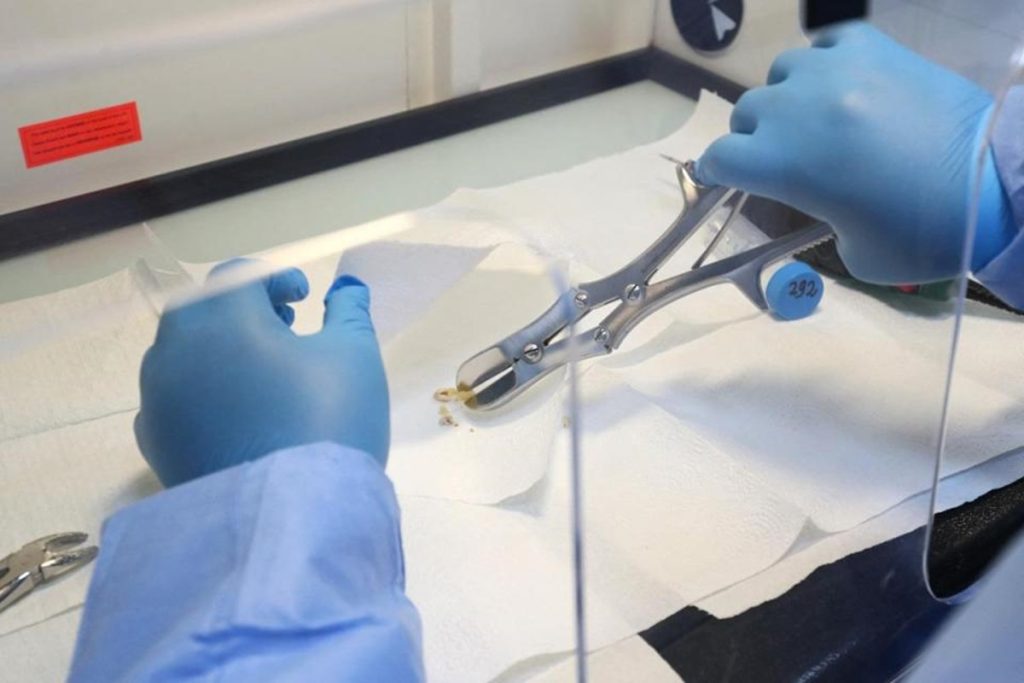A team of researchers from the University of Cape Town and the Max Planck Institute for Evolutionary Anthropology in Leipzig has successfully reconstructed the oldest human DNA discovered in South Africa, dating back around 10,000 years, AFP reports.
Professor Victoria Gibbon, a biological anthropologist at UCT, says the genetic sequences belong to a man and a woman whose remains were unearthed at a rock shelter near George, a coastal town about 370 kilometres (230 miles) east of Cape Town.
In total, 13 genomes were reconstructed from remains found at the Oakhurst rock shelter, spanning a period of 1,300 to 10,000 years ago. Before this, the oldest genomes from the region were only about 2,000 years old.
Interestingly, the study revealed that these ancient DNAs share genetic similarities with the modern San and Khoekhoe groups living in the area today, as noted by UCT in a statement.

The study’s lead author, Joscha Gretzinger, pointed out that similar research in Europe has shown significant genetic changes linked to human migrations over the past 10,000 years.
“These new results from southernmost Africa are quite different and suggest a long history of relative genetic stability,” he said.
Approximately 1,200 years ago, there was a significant shift when new arrivals brought pastoralism, farming, and different languages to the area, leading to interactions with local hunter-gatherer communities.
Although southern Africa is home to some of the earliest evidence of modern humans, it is often poorly preserved, according to Victoria Gibbon from UCT, as reported by AFP. She added that technological advancements now make extracting DNA from the remains possible.


